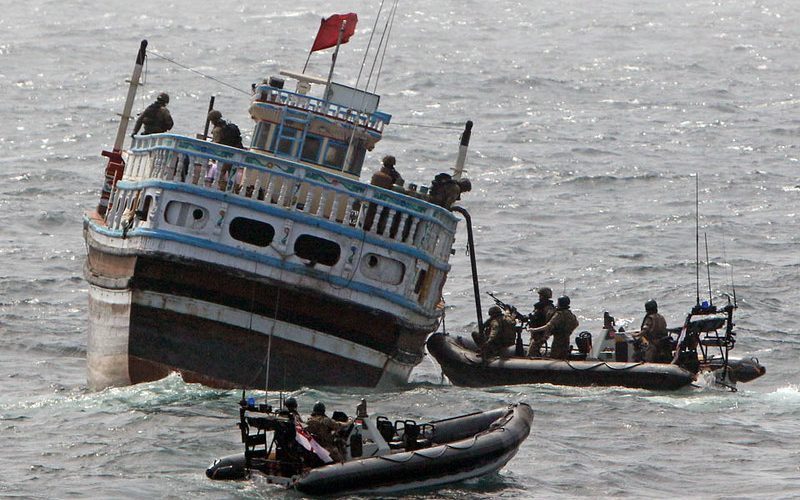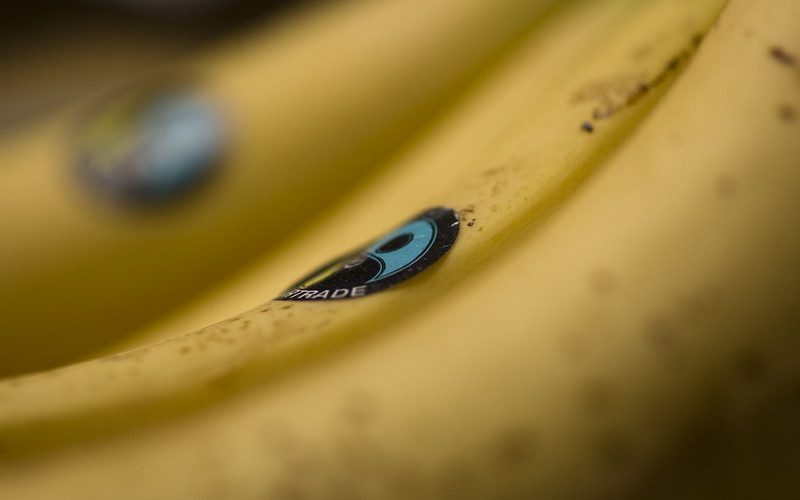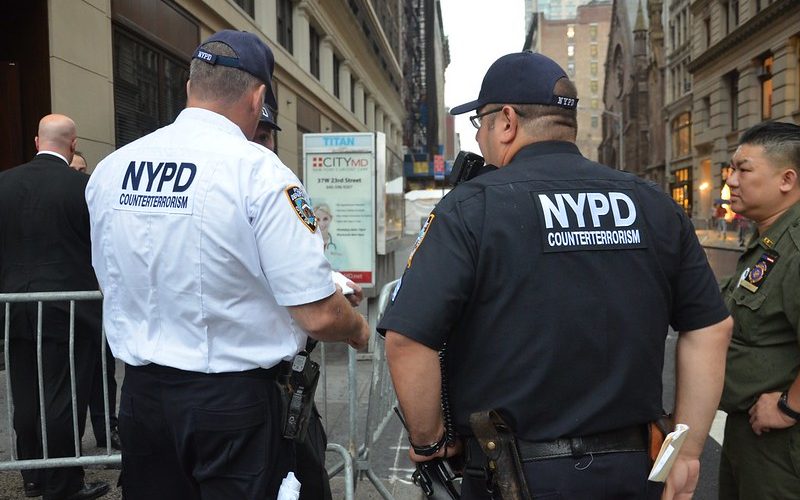
Is it possible to prevent piracy in the 21st century?
Maritime piracy is a challenge in the 21st century because of how it affects international trade. The rise of globalisation, described as the growing interconnectedness between states, highlights the growing dependence on maritime trading routes which is vital to the economic development of many coastal states. The Gulf of Guinea, where Nigeria is located, possesses a high number of natural oil resources which have been put at risk due to the rise in oil theft. As Nigeria has no narrow straights to restrict shipping, it is more susceptible to violent pirate attacks than other areas in the region. The launch of the Deep Blue Project was pivotal in the Nigerian maritime domain and could serve as a blueprint for preventing piracy in other regions.

How Fair is Fairtrade?
Fairtrade International has had an enormous contribution in putting ethical consumption on the agenda, becoming an instantly recognisable label of fairness. However, with an increasingly complicated supply chain and intensified globalisation, trade that is fair is becoming harder to ensure, despite a consumer force that is more conscious than ever. So how fair does Fairtrade continue to be?

The Real Culprit: Globalization as A Cause of Terrorism
In the 21st century, terrorism has been one of the most prominent national and international security and defense problems. While terrorism is a centuries-old issue, it has gained prominence since the massive improvement of technology from the mid-20th century onward and has become a force used by state and non-state actors and poses significant problems for democratic and authoritative regimes alike. In many ways, terrorism and its ability to be conducted anywhere, at any time, has been aided seriously by globalization.

